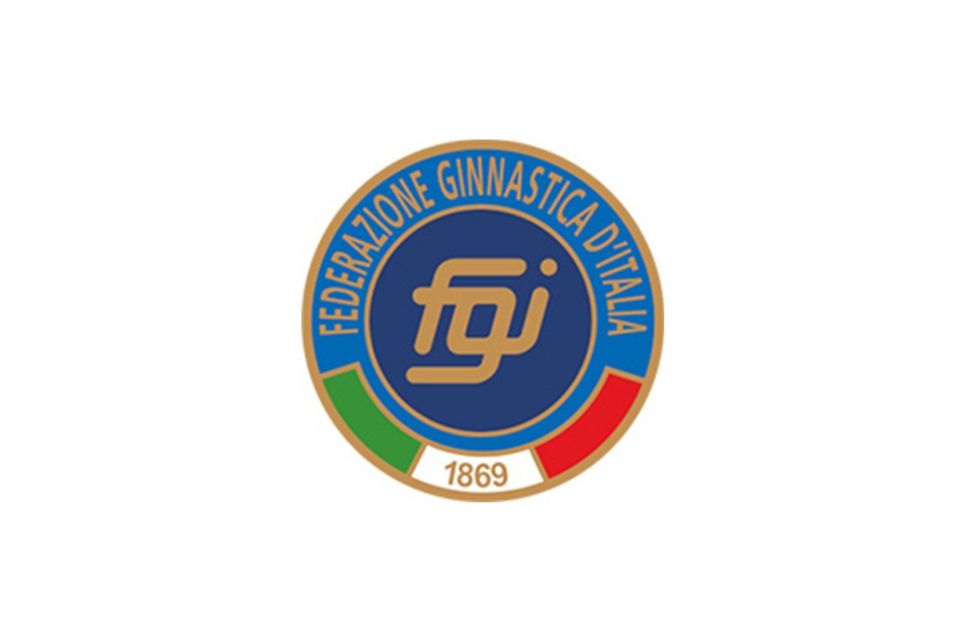
A decision in the case of World Athletics (WA) against Vidal Basco Mamani has been issued by the Disciplinary Tribunal.
Following an Out-of-Competition urine sample provided by Mr Basco, a Bolivian elite athlete, on 10 October 2022 ahead of competing at the XII South American Games, an Atypical Finding (“ATF) was reported for the Presence of Clenbuterol. Clenbuterol is a Prohibited Substance under the WADA 2022 Prohibited List under the category, S1.2 Other Anabolic Agents. It is a non-Specified Substance prohibited at all times.
The Organizacion Deportiva Suramericana (“ODESUR”) reviewed the ATF and Mr Basco’s explanation that he had mistakenly consumed Ambroterol, of which Clenbuterol is an ingredient, instead of Ambroxol. Ambroxol had been prescribed by a doctor to relieve Mr Basco of the cold symptoms that he had been suffering from for a number of days and, which Mr Basco claimed had been substituted for Ambroterol, by a pharmacist without notifying him. He further acknowledged that he declared the medication he was prescribed but did not ingest, Ambroxol, on the Doping Control Form. In light of Mr Basco’s explanation, the ATF was pursued by ODESUR as an Adverse Analytical Finding (“AAF”) in accordance with the WADA Stakeholder Notice. ODESUR found that the Athlete had committed an Anti-Doping Rule Violation (“ADRV”) pursuant to Rule 2.1 of the ODESUR Anti-Doping Rules and disqualified his results from the XII South American Games with all resulting Consequences. The Athlete did not appeal the decision by ODESUR, which therefore became final and binding upon him.
On 19 July 2023, a Notice of Charge sent to Mr Basco from the AIU confirmed that the AIU was proceeding with Results Management to determine any additional Consequences to be imposed upon him in accordance with the World Athletics Anti-Doping Rules (“ADR”) following the decision reached by ODESUR. Mr Basco was subjected to a mandatory Provisional Suspension, effective from the date of the Notice of Charge.
The Disciplinary Panel, comprised of Mr Conny Jörneklint (Chair), Mr Francisco A. Larios, and Ms Harveen Thauli, was appointed to hear this matter.
Whilst not disputing the Presence of Clenbuterol in his Sample, the Athlete’s position focused on the unintentional consumption of an incorrectly provided medication. The Tribunal considered the various elements required to succeed with such a defence.
Firstly, pursuant to Articles 10.2.1 and 10.2.3 ADR, the athlete must establish how the Prohibited Substance entered his body. The Tribunal found that the Athlete has established on a balance of probability that he ingested Ambroterol, containing Clenbuterol, before submitting to the sample collection on 10 October 2022.
The definition of ‘intentional’ set out in Article 10.2.3 ADR and a suite of jurisprudence, which established the strict duty placed on athletes to fully investigate whether a medication contains a Prohibited Substance, were considered. The Tribunal identified that the Athlete’s own evidence proved that he was aware that doctors, not versed in anti-doping practices, posed a risk when prescribing medications that might contain Prohibited Substances, and therefore an ADRV may result from ingesting those medications.
Whether the Athlete ‘manifestly disregarded’ the risk when he ingested the medication dispensed by the pharmacist was established when the Athlete confirmed that he had no previous knowledge of the medication and had made no enquiries or research into the medication before ingesting them, not even checking the label of the packaging which would have revealed that he was holding the incorrect medication. The Tribunal further remarked that even after the Athlete realised that he had not taken the prescribed drug, he did not take any necessary precautions and still manifestly disregarded the risk by continuing to take the medication more than once. The Athlete also failed to disclose that he had taken Ambroterol to the National Olympic Committee doctors when he was examined by them ahead of the XII South American Games and before submitting to a sample collection.
The Disciplinary Tribunal concluded that the Athlete had not established that the ADRV was not intentional. As a result, none of the Fault-based reductions outlined in Article 10.6.2 ADR could be applied to the Athlete’s sanction.
The Disciplinary Tribunal thereby determined that Anti-Doping Rule Violations (ADRV) had been established pursuant to Rule 2.1 of the World Athletics Anti-Doping Rules. A period of Ineligibility of four (4) years is imposed. The period of Ineligibility commenced on the date of the decision, 6 December 2023, but with credit applied for the period Mr Basco was provisionally suspended, therefore from 19 July 2023 to the date of the decision. Further, any results,which were not already disqualified by virtue of the ODESUR’s decision, and were earned between 10 October 2022 and 19 July 2023, are now disqualified with all resulting Consequences.
Sport Resolutions is the independent secretariat to the World Athletics Disciplinary Tribunal.
A copy of the full decision can be accessed via the related links tab on the right-hand side.


